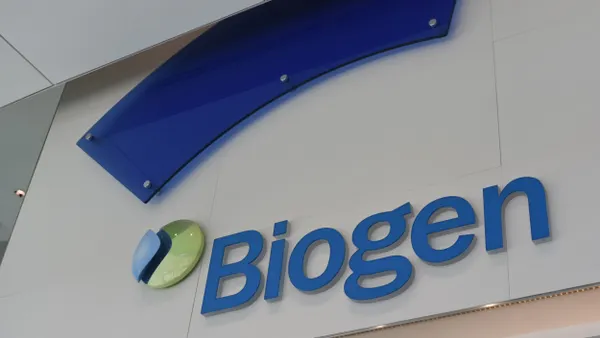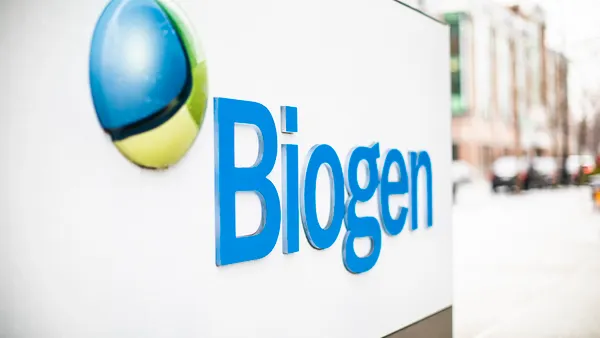AbbVie has agreed to acquire a young company with drugmaking technology from Johnson & Johnson and an experimental treatment for Alzheimer’s disease that’s in the first stage of human testing.
The deal, announced Monday, is expected to close by the end of the year, and has AbbVie buying all the outstanding shares of Aliada Therapeutics for $1.4 billion in cash. A private company, Aliada formed in 2021 with seed funding from J&J’s venture arm and the investment firm RA Capital Management.
Aliada has a license to a technology J&J scientists created to get drugs across a kind of biological shield that protects the central nervous system. This “blood-brain barrier” is extremely selective about what molecules are allowed to pass through it, and has long been a major obstacle for brain drug developers. Over the past couple years, large companies like Roche, Biogen and Eisai have licensed tools or medicines meant to overcome this obstacle.
AbbVie has marked neuroscience as a “key growth area,” and said in a statement that Aliada’s platform will “enhance discovery and development efforts” there. The technology functions somewhat like a Trojan horse, taking potential medicines that would normally be shut out from the nervous system and attaching them to “delivery molecules.” The carriers are designed to then bind to proteins that can ferry the cargo across the blood-brain barrier.
Roopal Thakkar, AbbVie’s chief scientific officer, said that approach will strengthen the company’s research and development capabilities and should help in bringing forward “next-generation therapies for neurological disorders and other diseases where enhanced delivery of therapeutics into the CNS is beneficial.”
Net revenue from AbbVie’s line of neuroscience products, which includes Botox, the antipsychotic Vraylar and the migraine medication Ubrelvy, totaled $4.1 billion during the first six months of this year, a more than 15% increase from the same period in 2023.
The Aliada deal also hands AbbVie a clinical-stage Alzheimer’s drug that’s currently in a small study of healthy volunteers. A prevailing theory in Alzheimer’s research is the disease is caused, at least in part, by a toxic buildup of misfolded proteins. Aliada’s drug, known as ALIA-1758, is an antibody targeting a specific form of these “amyloid beta” proteins that are very stable and more prone to clumping together.
To Paul Matteis, an analyst at the investment firm Stifel, the deal is "interesting for a number of reasons," one of which is that it "seemingly offers a vote of confidence in amyloid, just as sentiment in the space is reaching an all-time low." He was specifically referring to Wall Street investors, who seem to have soured on anti-amyloid therapies after drugs like Aduhelm and Leqembi failed to meet lofty sales expectations.
Another intriguing aspect of the deal, according to Matteis, is it "arguably creates another formidable competitor" to Denali Therapeutics, which has a technology similar to Aliada's. AbbVie's acquisition reinforces "the value of brain delivery, broadly speaking," the analyst wrote in a note to clients.
Aliada adds to a recent series of acquisitions from AbbVie. In the first half of this year, the company announced it would be buying two immune system specialists, Celsius Therapeutics and Landos Biopharma, for just under $400 million combined. And late last year, it spent $10 billion on cancer drugmaker Immunogen and another $8.7 billion on Cerevel Therapeutics, which is working on an experimental medication similar to Bristol Myers Squibb’s Cobenfy.
While large pharmaceutical companies have shown interest in neuroscience, this area of research has seen just three bigger-ticket acquisitions so far this year — a significant dip compared to 2023, according to data compiled by BioPharma Dive.
Editor's note: This story has been updated to include analyst commentary.















